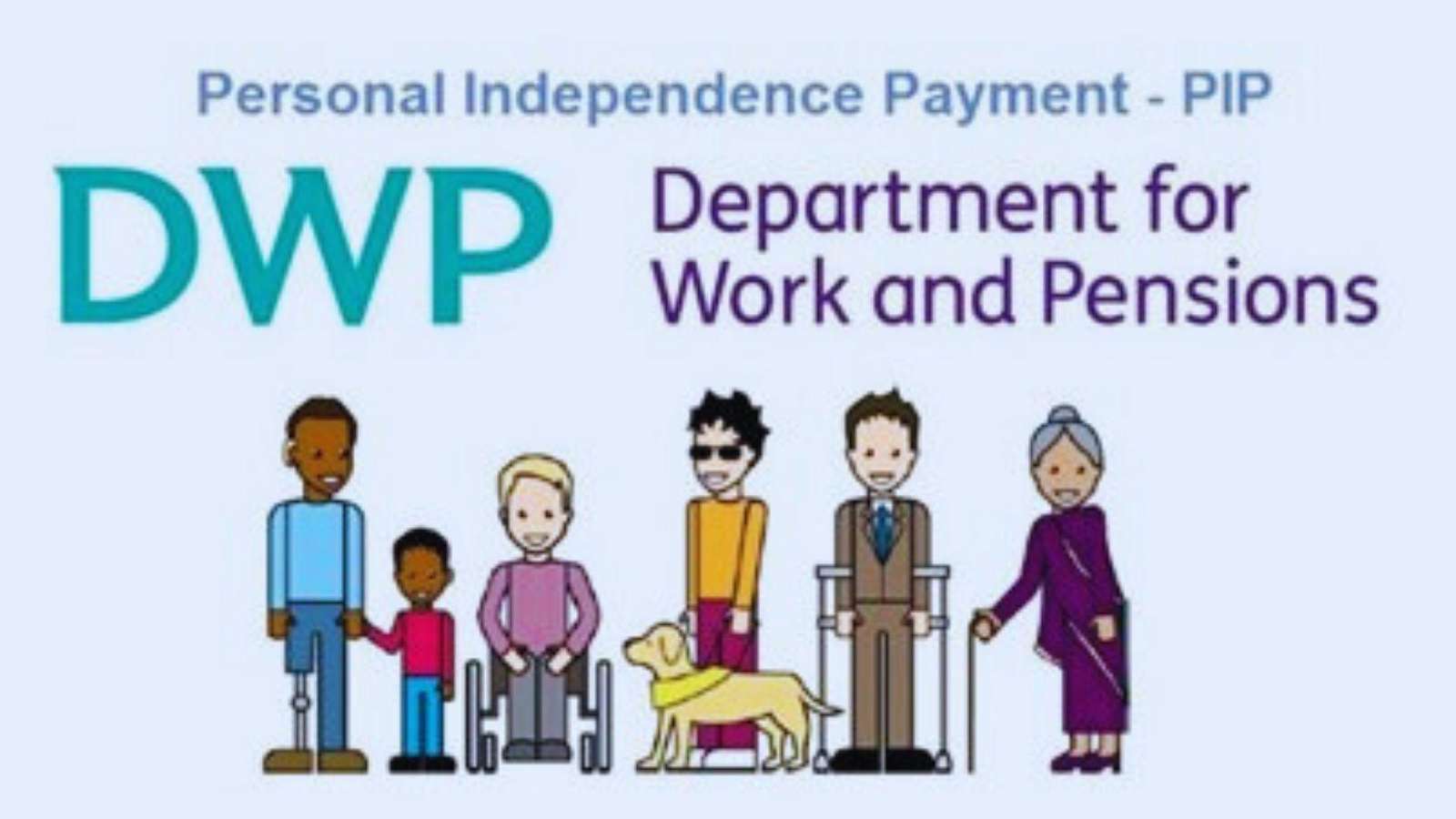The Personal Independence Payment (PIP) benefit system will undergo significant modifications after 2025.
Higher and lower rates are determined by your level of need, and the payments assist people who have a chronic sickness or health condition.
For the upcoming year keep an eye out for these six changes:
New Year payment dates
Due to the New Year's bank holiday and the Christmas season, some benefit payment dates have been adjusted. Since New Year's Eve is not a bank holiday, everybody who is due a payment on Tuesday, December 31, will receive their money as usual.
However, if your payment is due on Wednesday, January 1, you will get your payment a day earlier, on December 31. This will affect those who had their last payment four weeks ago, on December 4, as the payment goes out every four weeks.
Payment dates will revert to normal from Thursday, January 2, apart from in Scotland where any payments on December 2 will land on December 31 instead.
Motability £750 payment scrapped
The New Vehicle payment as part of the Motability scheme will be discontinued from Friday, January 3. As the Motability website explains of the payment: "If you're thinking of joining the Scheme, you'll need to order by 3 January 2025 to get this."
The payment was brought in to help people with the increased costs of buying a new car, owing to global shortages.
Another aspect of the scheme that is being scrapped from January 3 is the £100 New Product Payment for scooters and powered wheelchairs.
You can get a Motability vehicle if you are on the higher rate of the mobility element of PIP, as well as on Disability Living Allowance and the Adult Disability Payment.
Veterans on the Armed Forces Independence Payment and War Pensioners' Mobility Supplement will also qualify.
Major reforms for disability benefits
The Labour Government has set out its Get Britain Working white paper with plans to "overhaul the health and disability benefits system so it better supports people to enter and remain in work".
The DWP says there will be a consultation on the plans in spring 2025. The previous Conservative Government put forward a green paper in April with plans to reform PIP including replacing cash payments with a voucher scheme. The Labour Government previously said it has no plans to bring in such a change.
Payment rates increase from April
Benefit payment rates are to increase 1.7 per cent from April 2025, affecting all payment elements of most DWP benefits, including PIP and DLA.
This means for the PIP weekly rates, the daily living element will increase for the lower rate from £72.65 to £73.90, while the higher rate will increase from £108.55 to £110.40.
The mobility component will increase for the lower rate from £28.70 to £29.20 and for the higher rate, from £75.75 to £77.05.
This means if you are on the higher rate for both parts, your four-week pay packet will go up from £737.20 to £749.80.
PIP spending study
The DWP is to conduct a study looking at what people need their PIP payments for, after questions about the adequacy of PIP to cover the extra costs of disabled people.
Sir Stephen Timms, DWP Minister for Social Security and Disability, said: "There is no objective way of deciding what an adequate level of PIP should be, as everyone has different requirements reflecting their own circumstances and priorities.
"DWP pays close attention to estimates of the extra costs faced by disabled people, including academic research, analysis by Scope, and DWP's own commissioned research on the Uses of Health and Disability Benefits from 2019.
"In order to improve the evidence in this area, DWP is now undertaking a new survey of Personal Independence Payment customers to understand more about their disability-related needs." The researchers are expected to publish their findings over Summer 2025.
Back to work funding
The Government is providing a £3.5million funding boost across 17 NHS areas, to help improve the treatment of people with musculoskeletal conditions, that are preventing them from getting back to work.
Some 2.8 million people are economically inactive due to long-term ill health, with muscle and joint pains the second biggest reason after mental health issues.
PIP is not means tested so you will qualify regardless of whether or not you are in work, but more than 1.1 million people on the benefit get the support as they are affected by musculoskeletal conditions.
Many of these individuals will also be receiving Universal Credit's sickness payment if they are also deemed to be unfit for work.








.svg)



